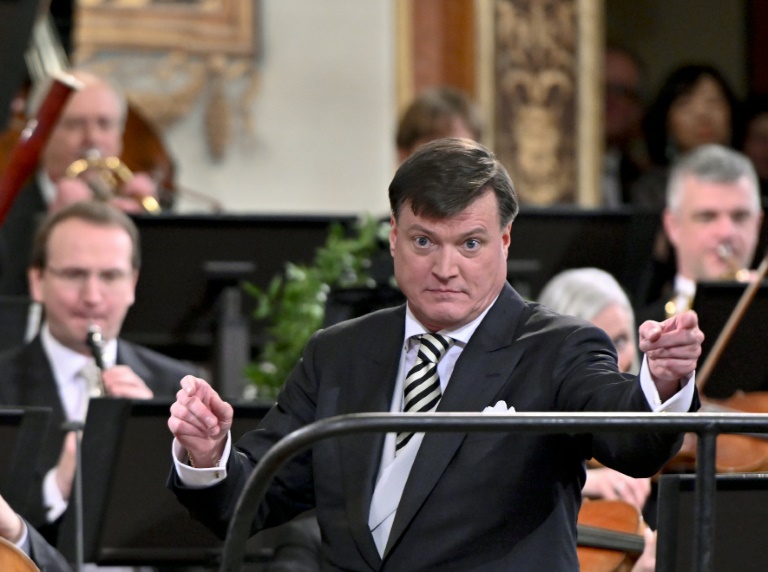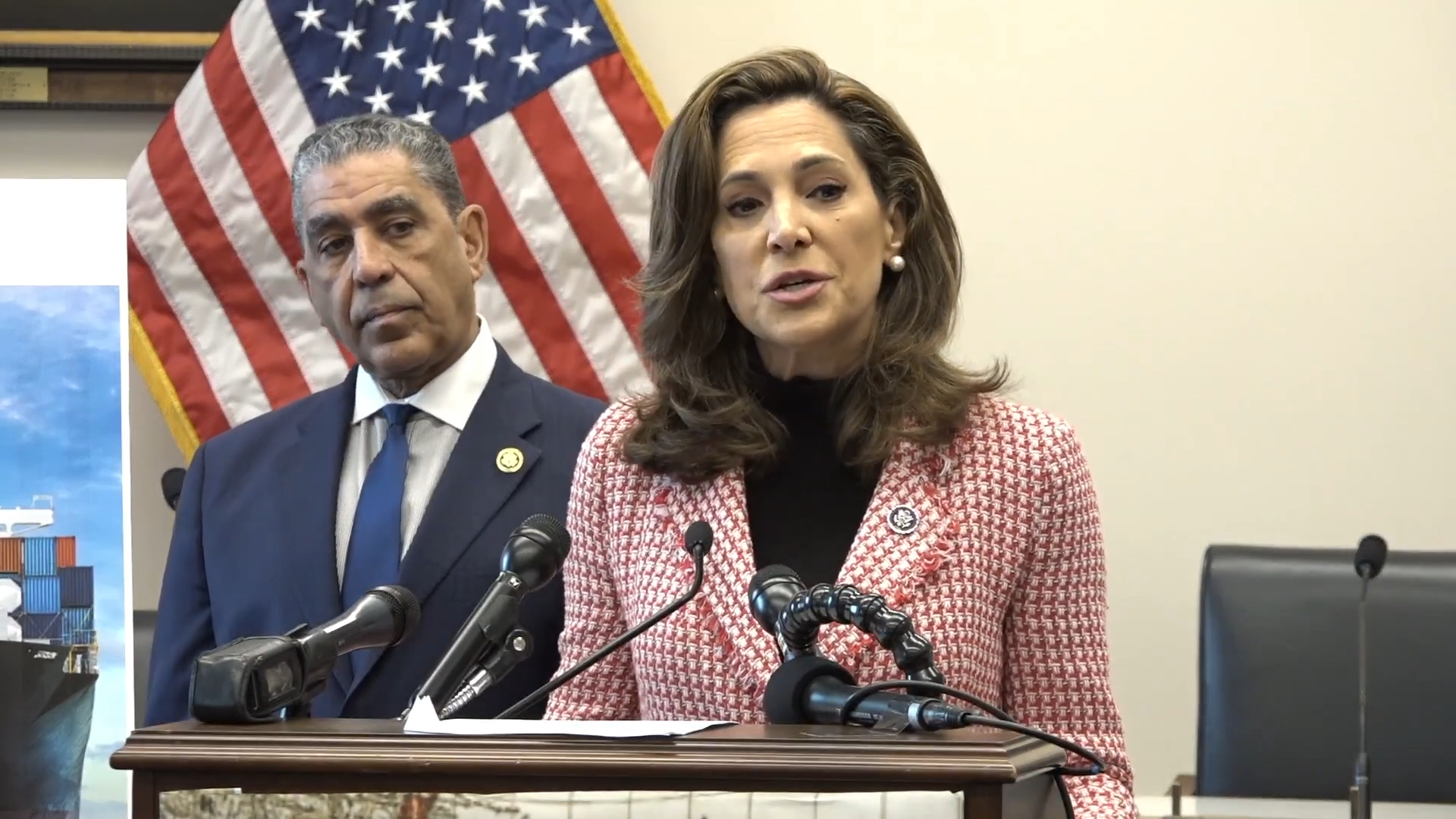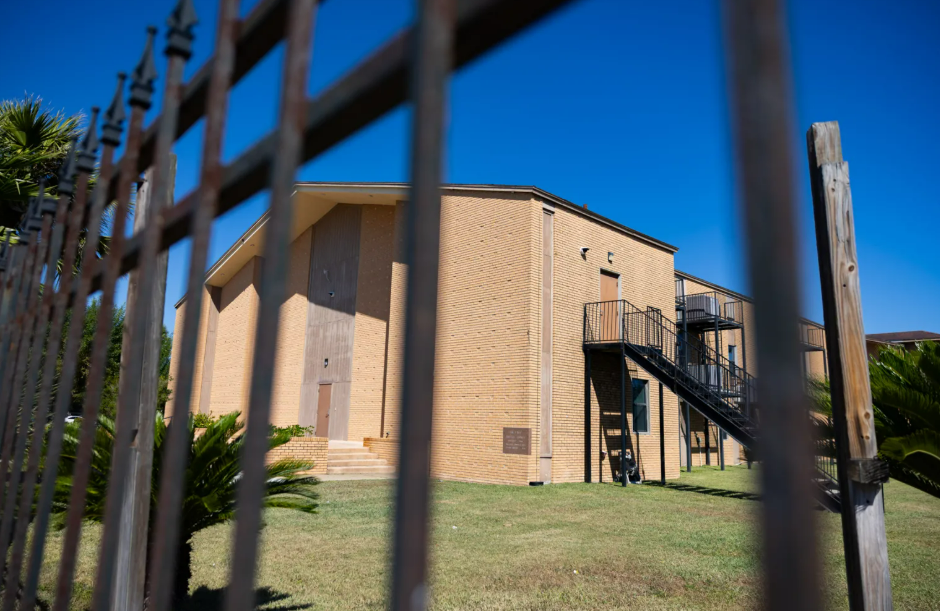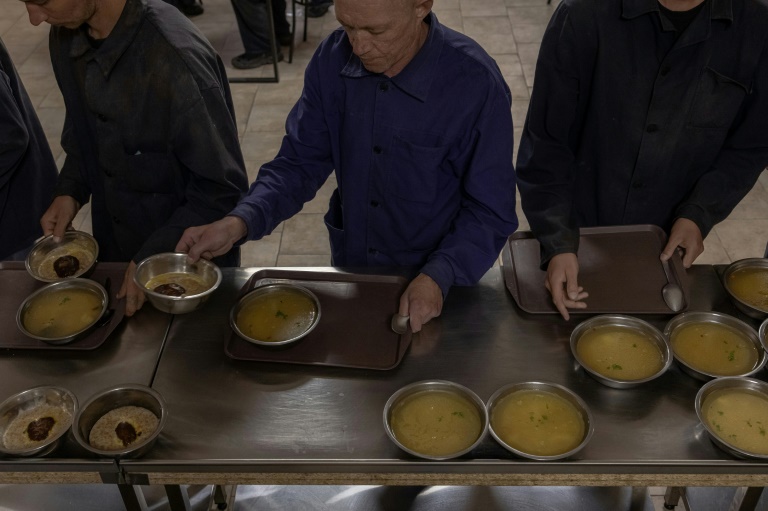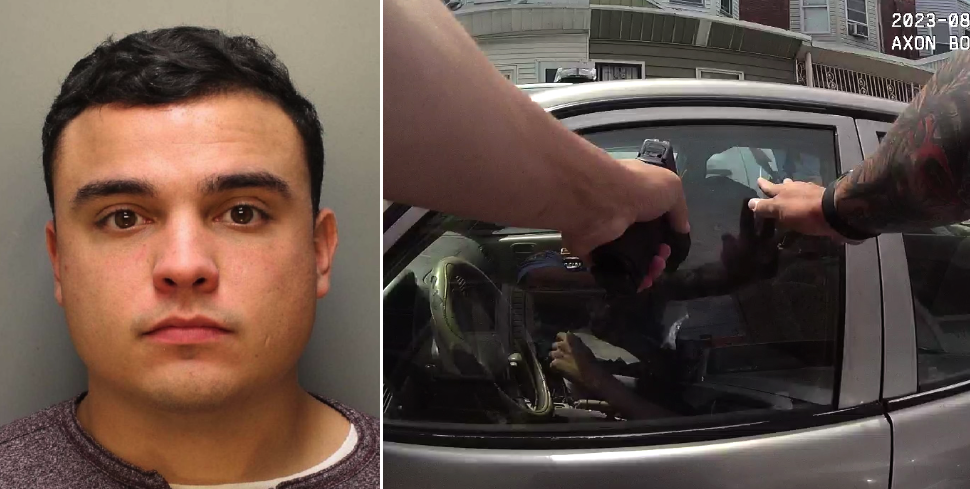Berlin said Wednesday German maestro Christian Thielemann would succeed world-renowned conductor and pianist Daniel Barenboim as general musical director of its State Opera following his resignation due to ill health.
Argentina-born Barenboim, 80, announced in January that he was stepping down at the fabled institution, one of Europe’s most prestigious classical music venues, after he was diagnosed with a “serious neurological condition”.
Berlin’s top culture official Joe Chialo said Thielemann, who has frequently stepped in to conduct the opera’s Staatskapelle house orchestra, would succeed Barenboim from September 2024.
Chialo said the choice of Thielemann was the “wish of the orchestra”, calling him the “perfect successor” to Barenboim and representing “the highest musical excellence”.
The venue on the Unter den Linden boulevard is one of three opera houses in the German capital.
Thielemann, a Berlin native and one of the classical musical world’s most in-demand stars, is known for his passion for the music of Johannes Brahms, Richard Strauss and, in particular, Richard Wagner.
His production last year of Wagner’s “Ring” cycle at the Staatsoper “was unanimously described as phenomenal”, the daily Berliner Zeitung said.
His outings at the legendary Bayreuth Festival of Wagner operas have also been well received.
Thielemann, 64, is still under contract as chief conductor of the Staatskapelle Dresden until next year and is seen as having elevated it to one of the top orchestras in the German-speaking world.
Thielemann previously served as general music director of Berlin’s Deutsche Oper but resigned in 2004 over a funding dispute with the city.
He had often been shortlisted to lead the Berlin Philharmonic — founded in 1882 and seen by many as the best orchestra in the world — but lost out to competitors.
Barenboim’s surprise resignation in January touched off fierce speculation about his replacement, with Thielemann considered a favourite.
However his packed schedule of engagements for years to come on stages in Vienna, Salzburg and Milan led observers to wonder whether he was interested in the job.
“I’m not looking for something,” he told the New York Times last October.
“Because I can also stay without. I have more freedom to do certain guest conducting which I haven’t done before, or not for a long time.”
Barenboim has described Thielemann, who served him as an assistant at the Deutsche Oper decades ago, as a close friend and colleague although they have also cultivated a fierce artistic rivalry.
Barenboim has been acclaimed for a stellar career which saw him begin performing internationally as a pianist aged 10 and then become a leading conductor.
The son of Jewish piano teachers has also been an outspoken campaigner for peace in the Middle East.
Despite his ill health, he has taken the stage regularly this year, including at a sold-out performance in August at Berlin’s open-air Waldbuehne of his West-Eastern Divan Orchestra bringing together Israeli and Arab musicians.
The conductor said in January that his three decades in Berlin had been “musically and personally inspiring in every way”.
“I believe the State Opera and I brought each other great happiness,” he said, adding that he was “especially pleased and proud” that the venue’s Staatskapelle orchestra had in 2000 elected him chief conductor for life.
“Over the years we became a musical family and will remain one,” he said, also expressing his “veneration” of the opera house’s solo singers, choir and staff.

